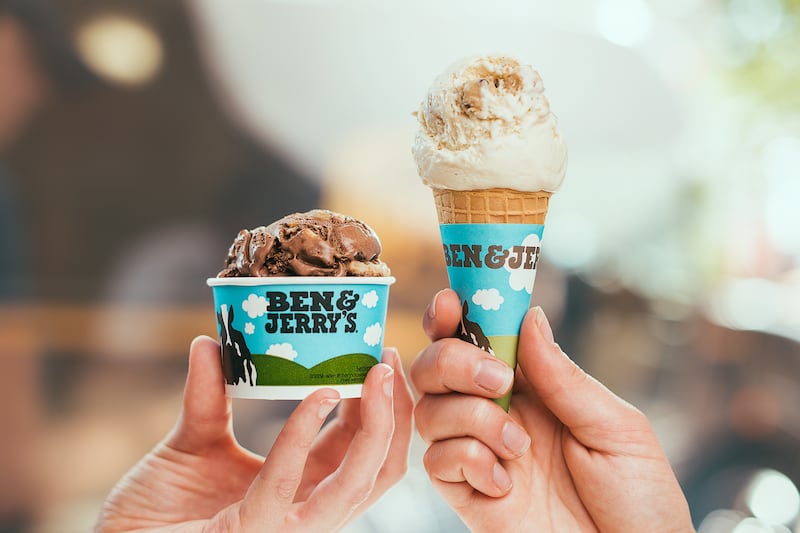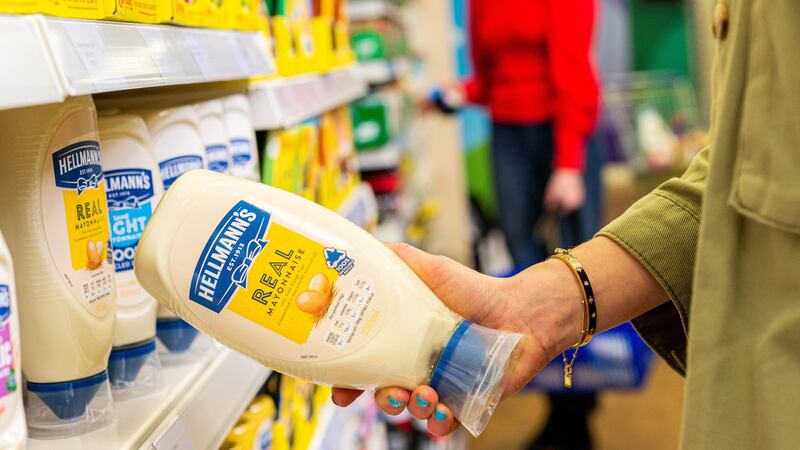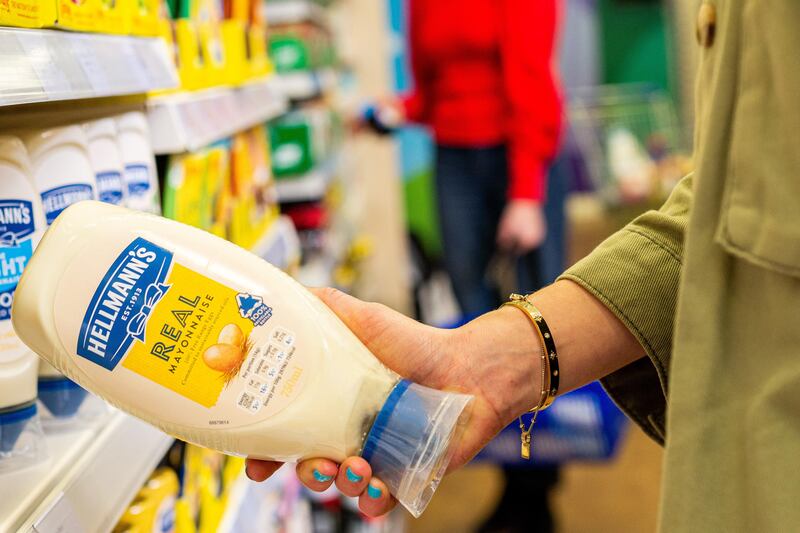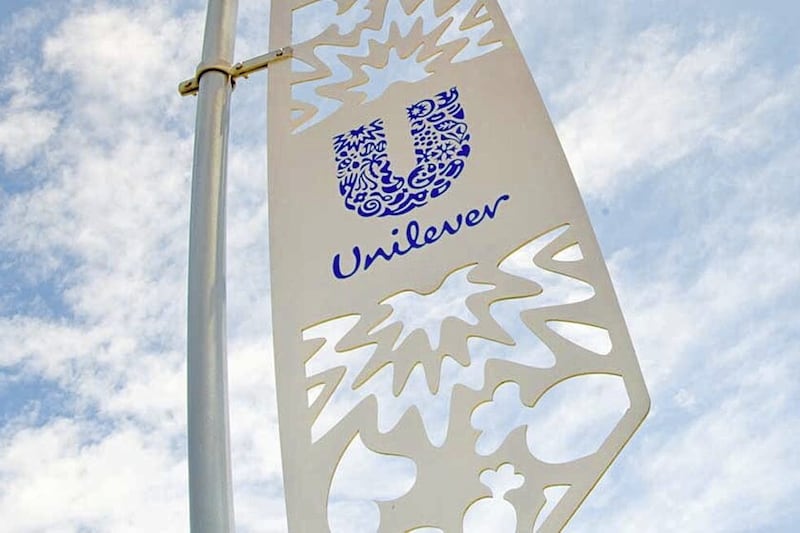Unilever has said it could continue to hike prices across household brands as it reported a jump in sales despite stagnant consumer spending.
The consumer giant, which owns a raft of brands including Marmite, Ben & Jerry’s, Dove and Comfort, said its underlying sales growth hit 9.1% over the six months to the end of June, compared to the same period last year.
It reported a turnover of 30.4 billion euros (£26.2 billion) over the period. Its operating profit surged by more than a fifth to 5.5 billion euros (£4.7 billion).
The rise in total sales was driven by price growth of 9.4%, as the supplier continued to raise the cost of its products in markets across the world.
Meanwhile, the volume of sales, meaning how many products were actually bought, dipped by 0.2% over the period.
In Europe, prices were hiked by 15.5% over the second quarter but the volume of sales fell by nearly a 10th.
Unilever’s chief financial officer Graeme Pitkethly said that European and UK consumers were more “hard pressed” than those in the rest of the world, thanks to high levels of inflation.
But he said the company is unlikely to cut its prices any time soon.
“I think we are past ‘peak’ inflation but there will continue to be a high contribution of pricing growth,” Mr Pitkethly said.
The volatility of commodity markets, particularly in nutrition and ice cream, means prices must be managed responsibly, he said.
But the company stressed that price growth will continue to “moderate” through the year.
Commodity prices have begun to come down for the firm but cuts have been offset by an increase in energy and labour costs, it said.
There is also a “time lag between inflation and the ability to recover through pricing”, Mr Pitkethly explained.

Suppliers and retailers have been in sharp focus amid concerns that reduced costs are not being passed on quickly enough down the supply chain, meaning shoppers continue to face inflated prices.
Britain’s competition watchdog is investigating the grocery sector over worries about profiteering.
Mr Kipling and Super Noodles maker Premier Foods said last week that cost inflation is past its peak and it has no further price increases planned for the rest of the year.
Unilever said its underlying sales growth for the full year is expected to be above 5%.
Adam Vettese, an analyst at eToro, said: “One of the strengths of Unilever’s business model is that it houses a lot of well-known brands that have come to be staples of many households.
“That means it can afford to put up prices in an inflationary environment – sensibly – without it impacting sales.
“However, while overall sales growth has been solid, only 41% of its portfolio is taking market share from rivals, while volumes in Europe, a key market, have been disappointing.”
Shares in Unilever jumped by 5% on Tuesday morning.








